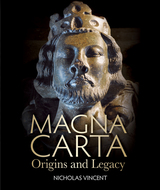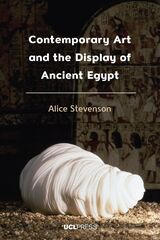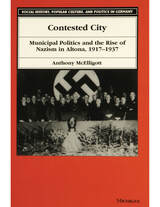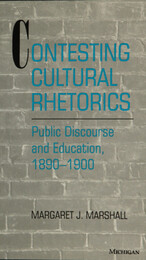3 books about Magna Carta

Magna Carta
history, context and influence: Papers delivered at Peking University on the 800th anniversary of Magna Carta
Edited by Lawrence Goldman
University of London Press, 2018
This book examines the history and influence of Magna Carta in British and American history. In a series of essays written by notable British specialists, it considers the origins of the document in the political and religious contexts of the thirteenth century, the relevance of its principles to the seventeenth century disputes that led to the Civil War, the uses made of Magna Carta to justify the American Revolution, and its inspiration of the radical-democratic movement in Britain in the early nineteenth century. The introductory essay considers the celebration of Magna Carta's 800th anniversary in 2015 in relation to ceremonials and remembrance in Britain in general. Given as papers to a joint conference of British and Chinese historians in Beijing in 2015, these essays provide a clear and insightful overview of the origins and impact of a medieval document that has shaped the history of the world. The open access edition of this book can be found at http://humanities-digital-library.org/index.php/hdl/catalog/book/goldman.
[more]

Magna Carta
Its Role in the Making of the English Constitution, 1300-1629
Faith Thompson
University of Minnesota Press, 1948
Magna Carta was first published in 1948. Minnesota Archive Editions uses digital technology to make long-unavailable books once again accessible, and are published unaltered from the original University of Minnesota Press editions.This important study in English constitutional history is the story of the Magna Carta from the end of the reign of Edward I to the dissolution of parliament and the completion of Sir Edward Coke’s Commentary (1300-1629).Miss Thompson surveys the various ways, practical and theoretical, in which the Charter was used by groups and individuals in English society. She examines the pertinent sources and finds that the Charter was never eclipsed in the later Middle Ages or even in the Tudor period and that its reinterpretation in the early Stuart period was not an abrupt and novel phenomenon. The statesmen who transformed a charter of feudal “liberties” into a charter of “liberty of the subject” were using a document with a long history and a reputation already made in plea rolls and Year Books, parliament and statute rolls, law treatises, and even chronicles.Miss Thompson provides considerable background material to support her emphasis on this process of interpretation, and she clearly interprets the character and motives of successive sponsors of the Charter.The value of Miss Thompson’s study is in the unusual thoroughness of her treatment of Magna Carta and in her corrections of misconceptions about the role the Magna Carta has played in the making of the English constitution.
[more]

Magna Carta
Origins and Legacy
Nicholas Vincent
Bodleian Library Publishing, 2015
Magna Carta is the most famous document in English history. And yet its survival is purely accidental. King John, who negotiated the document with his rebellious barons, had no intention of honouring its contents. Annulled by the pope within weeks of being issued, it was destined to oblivion. But with the sudden death of John, all of this changed. Magna Carta was reissued by the regents of the boy King Henry III as an apology for past misrule and as a promise of future good government. It was reissued on successive occasions and repeatedly cited in legal cases in the following centuries. Later, it played a part in conflicts such as the English Civil War and the American Revolutionary War. Echoes of Magna Carta are to be found in the Declaration of Independence and the Constitution. It continues to be cited today as a touchstone of fundamental universal freedoms.
This book tells the story of the birth and development of Magna Carta from its origins to the modern day. It also reproduces and describes, for the very first time, every surviving copy of the Great Charter, as well as related charters of the period, including various new discoveries. It addresses the previously unanswered question of how the charter was published and disseminated to the shires of England and includes a chapter on the charter's scribes and sealing, supplying a truly unique insight into both the creation and afterlife of the most fundamental legal document in British history.
This book tells the story of the birth and development of Magna Carta from its origins to the modern day. It also reproduces and describes, for the very first time, every surviving copy of the Great Charter, as well as related charters of the period, including various new discoveries. It addresses the previously unanswered question of how the charter was published and disseminated to the shires of England and includes a chapter on the charter's scribes and sealing, supplying a truly unique insight into both the creation and afterlife of the most fundamental legal document in British history.
[more]
READERS
Browse our collection.
PUBLISHERS
See BiblioVault's publisher services.
STUDENT SERVICES
Files for college accessibility offices.
UChicago Accessibility Resources
home | accessibility | search | about | contact us
BiblioVault ® 2001 - 2025
The University of Chicago Press









